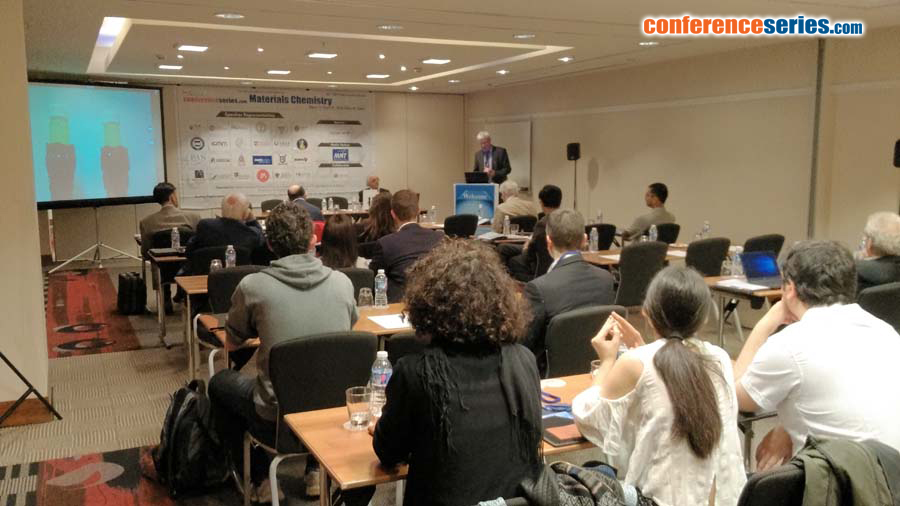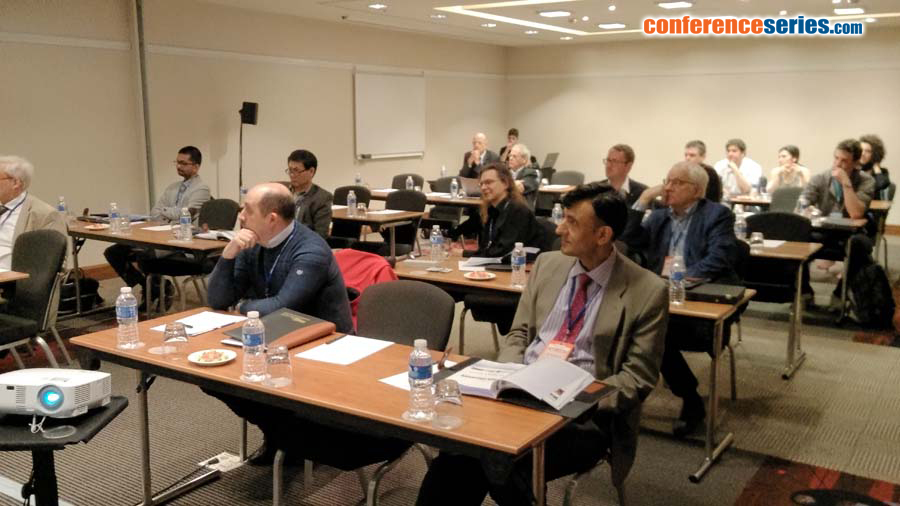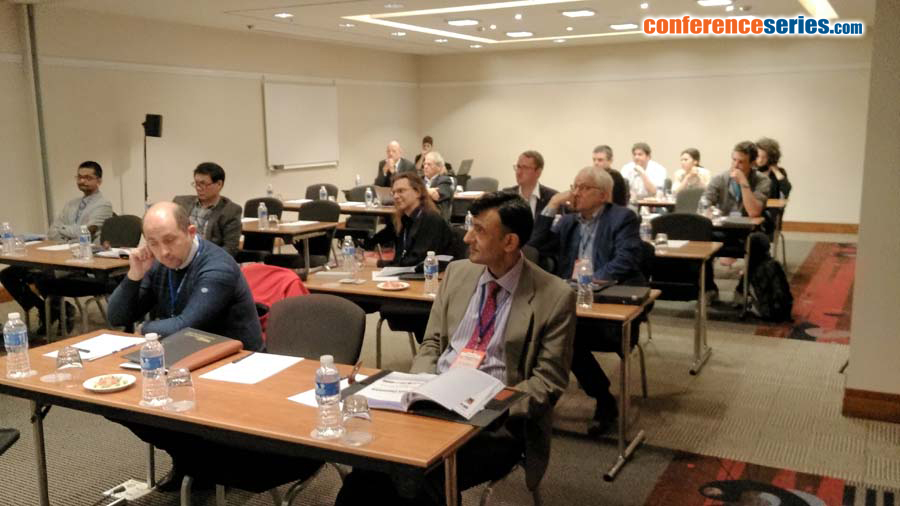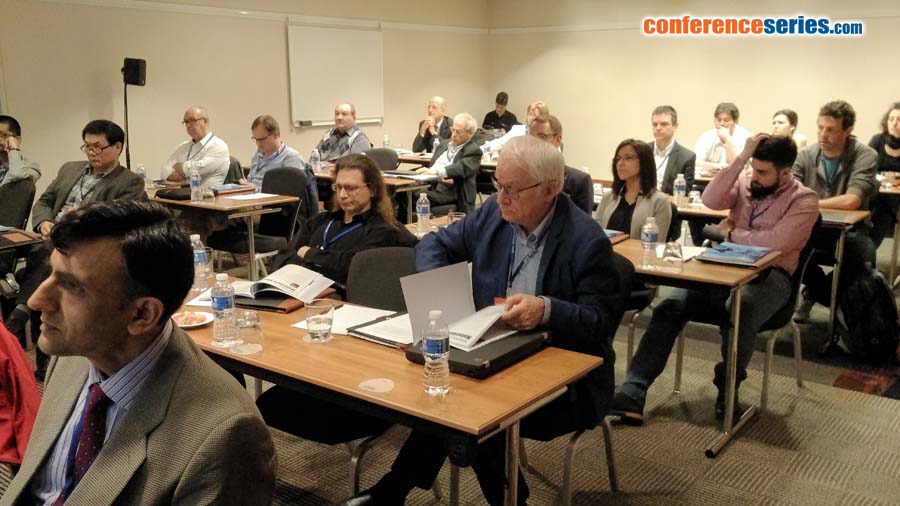
Paul Pineda
University of Bayreuth, Germany
Title: High efficiency for photo-polymerizable VCP ester-amide resins: A universal concept providing low volume shrinkage, high reactivity and selectivity
Biography
Biography: Paul Pineda
Abstract
Cyclic monomer systems that can undergo a radical-ring opening polymerization (RROP), such as vinylcyclopropane (VCP) derivatives are highly interesting monomer resins, providing lower-volume shrinkage on polymerization than other vinyl monomers, like methacrylates. Especially among electronics, coatings, lithography, dental applications and 3D microstructures highly specified resins with low volume shrinkage are fundamental to match the precise specifications adapted for the final end-use. Thereby, cross-linkable VCP resins are currently accessing a variety of precise specifications within a wide spectrum of applications, in industry as well as in research. Thus we developed a universal concept based on selective intermolecular interactions, applying VCP resins as fast curable, low-shrinking, high-performance resin. Herein we focused on the monomer synthesis as well as on the development and characterization of a modular construction kit based on VCPs. To provide a powerful illustration, diversified resins were prepared and analyzed. Hereby, we could show an excellent control of high reactivity, nearly regardless of the chosen spacer-unit. With an appropriate variation of spacer-unit selective characteristics, like e.g. mechanical strength, thermal stability and optical refraction could be adjusted in a simple and suitable way, making the system adaptable to any use. These results are highlighted in this presentation and offer the system an outstanding prospective within various applications.




